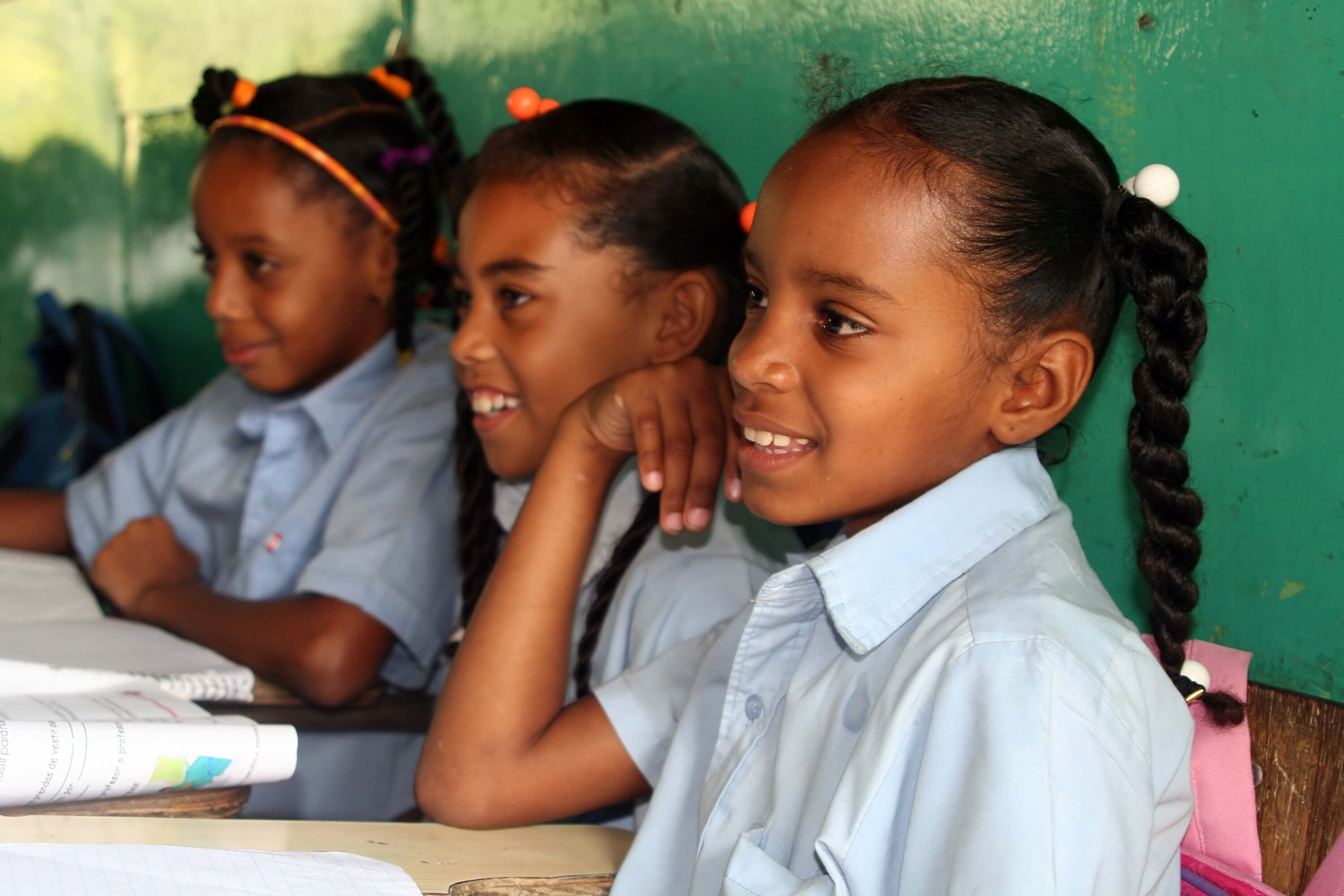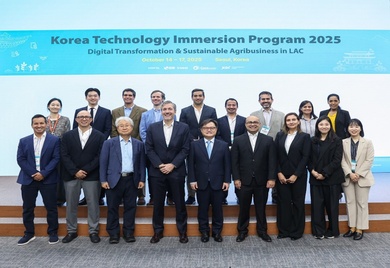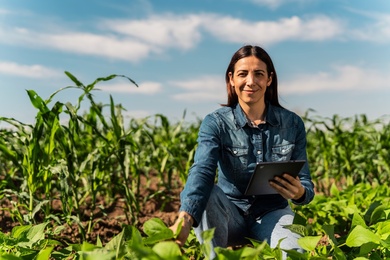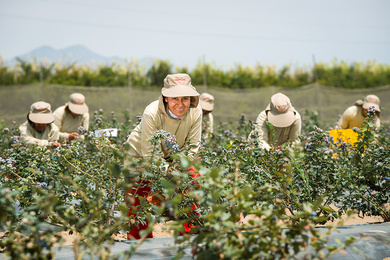Adaptation, Financial Inclusion, Gender, Sustainability, and the Digital Gap: A Recap of 2023

Certain themes consistently resonate in the dynamic world of business and development, capturing the attention of companies and professionals seeking clear answers and fresh perspectives. This selection of the most-read blog entries of 2023 paints a picture that shows where the private sector's interest is focused when it comes to development and sustainability.
- Adaptation Finance
Due to global warming, Latin America and the Caribbean face increasing challenges from extreme weather events. Floods, droughts, fires, and diseases pose catastrophic risks, especially to vulnerable communities. Every dollar invested in risk management or adaptation can prevent nearly four dollars in damages, benefiting businesses and bolstering resilience. However, there is a substantial gap in adaptation finance in the region, requiring between $18 billion and $51 billion yearly for 2021-2030 to address the region's escalating climate challenges. This reality begs the question: What Does it Take to Address the Large Climate Adaptation Financing Gap in Latin America and the Caribbean?, an entry published during COP28 that attracted significant interest from our readers.
- Financial inclusion
Digital payment systems are crucial in promoting financial inclusion in Latin America and the Caribbean. However, around 26% of adults in the region didn't have a bank account in 2021, and reliance on cash transactions perpetuates financial vulnerabilities, crime, corruption, and tax evasion. Using Digital Payments to Push Financial Inclusion offers new financial opportunities for those without access to traditional banking, aiding the growth of small businesses and improving women's access to formal financial services.
- Gender equality
Ensuring people's safety, especially women's, is closely tied to their living environment's urban and architectural features. Gender-smart housing, a socio-urban strategy, focuses on enhancing women's safety in housing by analyzing territorial conditions through a gender lens. Using Gender-Smart Housing to Protect Women describes an approach that identifies the connection between gender-based violence and the spaces where it occurs. The goal is to create safe, violence-free spaces, emphasizing a comprehensive approach to preventing gender-based violence.
- Climate change
Nature-based solutions are gaining importance as a practical and cost-effective approach to the impacts of climate change on infrastructure. These solutions involve protecting, managing, and restoring natural ecosystems to address societal challenges while effectively benefiting human well-being and biodiversity. For Earth Day, Nature-Based Solutions in Private Sector Infrastructure Projects, published on April 22, explains how forests and wetlands offer various advantages, such as flood control, air and water purification, heat stress reduction, and habitat conservation. Recognizing these benefits, integrating nature-based solutions into infrastructure projects can enhance sustainability and resilience in the face of climate change.
- Artificial Intelligence
One of the most significant issues in 2023 is the advent of technological tools that might change how we perceive and interact with the world. The Great Tech Revolution: Artificial General Intelligence & Multilateral Development Banks explores the role of these financial institutions amid the digital transformation. It is not clear what effects artificial general intelligence will have, but multilateral development banks can help by making ethical concerns a priority when funding research, making sure that funded entities follow ethical practices, and helping countries create rules for artificial intelligence development and use that cover things like data privacy, security, accountability, transparency, and public participation.
As we approach the final days of 2023, the challenges ahead are significant and the resources to address them are not as plentiful as we would like. Nevertheless, it remains good news, as reflected in the interest of our readers, that the private sector seems determined to implement actions to solve them. From the IDB Invest team, we wish you Happy Holidays and a very prosperous 2024, when we will continue building together a fairer and more inclusive world.
LIKE WHAT YOU JUST READ?
Subscribe to our mailing list to stay informed on the latest IDB Invest news, blog posts, upcoming events, and to learn more about specific areas of interest.
Subscribe



